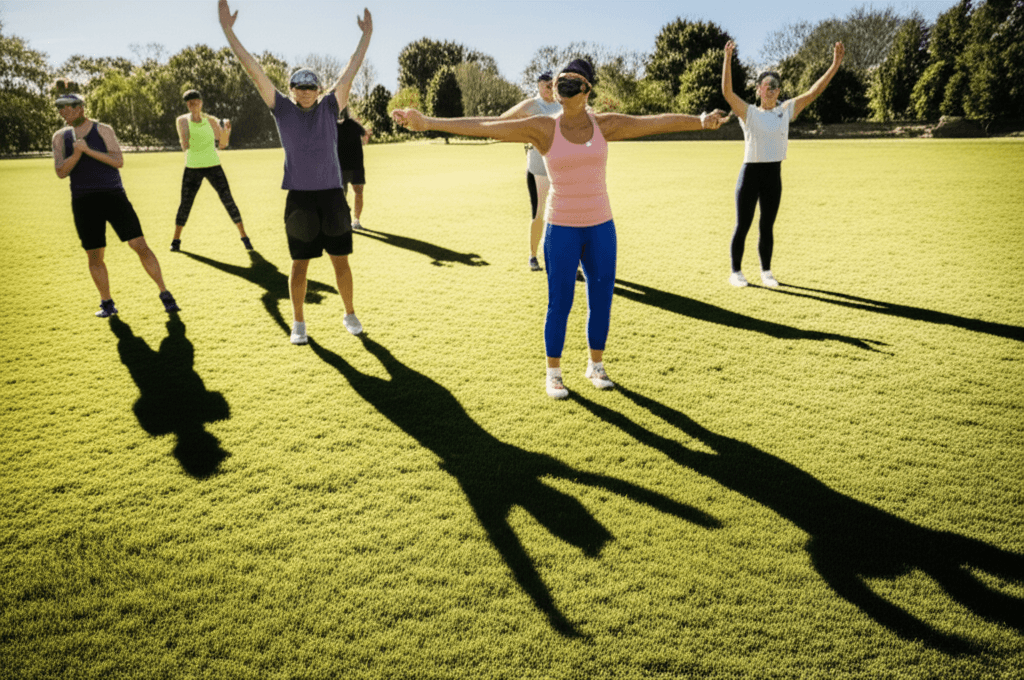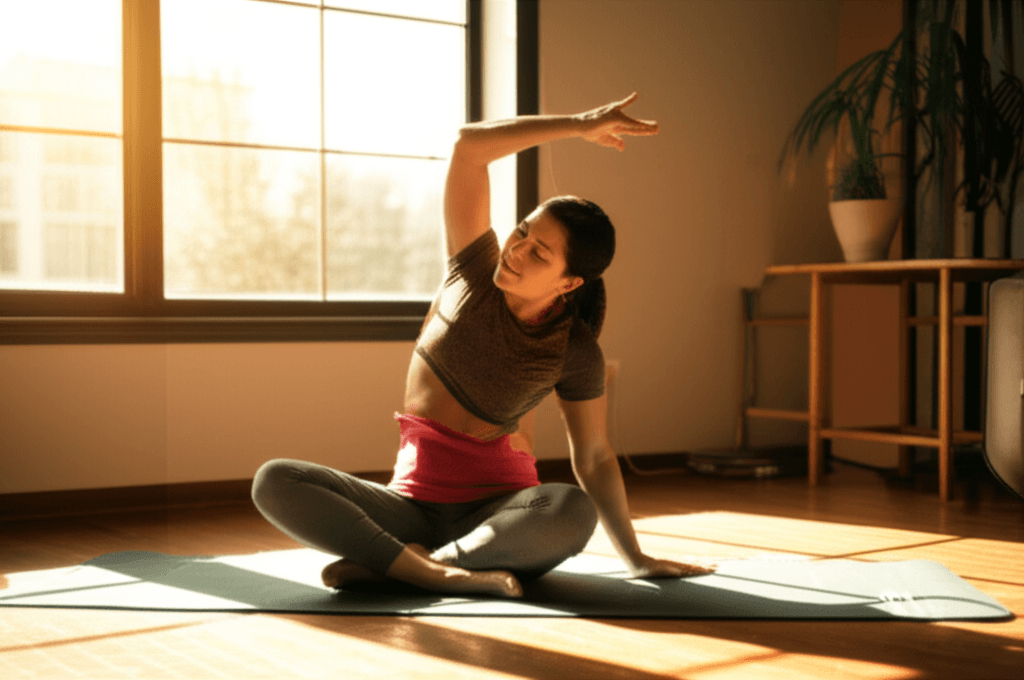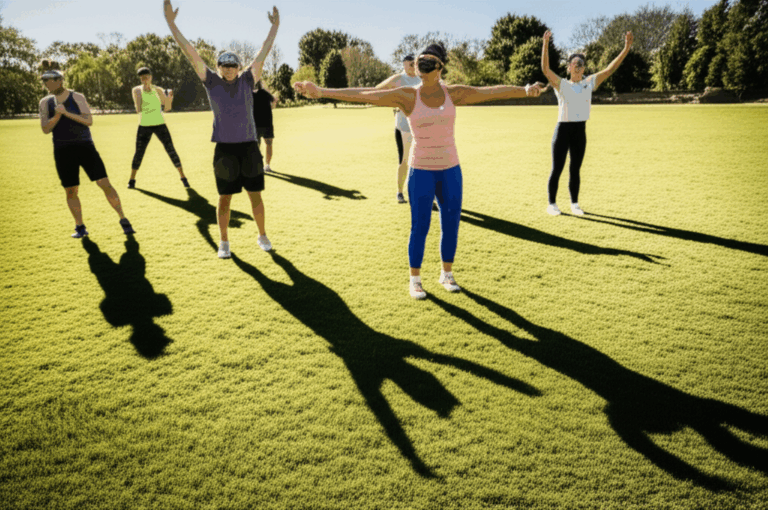Finding the motivation to exercise regularly is a common struggle, with less than a quarter of people meeting recommended physical activity goals set by the World Health Organization. A groundbreaking study published in Frontiers in Psychology suggests a potential solution: matching your workout to your personality type. Researchers from University College London found that individual personality traits significantly influence exercise enjoyment, adherence, and even the stress-reducing benefits derived from physical activity.
The study posits that understanding the interplay between personality and fitness can unlock a more tailored and enjoyable path to long-term health, moving away from one-size-fits-all exercise programs.

The “Big Five” Personality Traits and Exercise Preferences
The research focused on the “Big Five” personality traits: Extraversion, Conscientiousness, Neuroticism, Agreeableness, and Openness. These widely accepted psychological dimensions can offer insights into which exercise routines might be most effective and enjoyable for different individuals.
Extroverts: Thrive on Social, High-Intensity Activities
Highly extroverted individuals consistently preferred high-intensity training sessions in social environments, such as team sports and group fitness classes. These personality types are energized by exercising alongside others and respond positively to competitive elements. Extroverts showed higher enjoyment levels during higher-intensity activities, suggesting their brains are wired to find stimulation and social engagement rewarding during physical activity. Examples of suitable workouts include Zumba, HIIT, bootcamp classes, and running clubs. However, despite their enthusiasm, extroverted individuals were less likely to complete follow-up assessments in the study.
Neurotic Individuals: Prefer Privacy and Gentle Approaches
Participants with high scores in neuroticism, a trait associated with emotional instability and anxiety, showed strong preferences for private workouts without observers and routines with frequent breaks. Public gym environments can be overwhelming for them, making home-based fitness programs ideal. These individuals often find that lower-intensity activities, which can be easily modified or stopped when anxiety levels rise, are more beneficial. Interestingly, neurotic personality types experienced the most significant stress reduction from regular exercise, indicating they stand to gain considerably from consistent physical activity, even if initially reluctant. Short, quick bursts of exercise that provide stress relief, such as 10-15 minute bodyweight circuits or short yoga flows, are recommended.
Conscientious People: Embrace Well-Rounded, Goal-Oriented Fitness
Individuals demonstrating high conscientiousness were more likely to engage in comprehensive fitness programs with diverse exercise types and consistent routines. Their motivation often stems from the knowledge of health benefits rather than immediate enjoyment or social factors, making them more likely to maintain long-term commitments. Conscientious types are typically systematic and goal-oriented, benefiting from structured programs that outline health benefits and provide measurable progress. They are likely to adhere to exercise routines long-term due to their self-discipline and love of structure, often gravitating towards regimented programs like powerlifting or Pilates. This trait also predicted higher baseline fitness levels.
Agreeable Individuals: Favor Lower-Intensity, Sustainable Activities
The study found that agreeable personality types enjoyed low-intensity, longer cycling rides. Those high in agreeableness are often described as cooperative and friendly, and would likely benefit from longer, gentler activities that are sustainable and peaceful. Recommended activities include 40-60 minute walks, gentle bike rides, swimming at a relaxing pace, or longer yoga sessions. These choices align with their natural preference for avoiding high-stress situations while still offering significant health benefits. For those with low agreeableness (i.e., more competitive), activities like CrossFit, where they can compete against others or their personal bests, might be more appealing.
Openness to Experience: Seek Novelty and Skill-Building
Individuals high in openness to experience, characterized by curiosity, imagination, and a willingness to try new things, may prefer exercises that build new experiences and skills. The study indicated that these individuals generally preferred lower-intensity exercises to strenuous ones, and this trait has been associated with greater body awareness. Activities such as martial arts, rock climbing, dance classes, or complex movement patterns that engage problem-solving abilities are suitable. They should consider structuring their week with different moderate-intensity activities rather than repetitive workouts.

The Bidirectional Relationship Between Personality and Exercise
It’s important to note that the relationship between personality and exercise is bidirectional; they influence each other. Physical activity can even help maintain desirable personality traits, suggesting exercise is protective and can promote positive personality development.

Practical Implications for Fitness and Health
The findings of this study could revolutionize how health care providers and fitness professionals approach exercise recommendations, shifting from generic programs to personalized workout strategies. Dr. Flaminia Ronca, first author of the study from University College London’s Institute of Sport, Exercise and Health, highlighted that “Understanding personality factors in designing and recommending physical activity programs is likely to be very important in determining how successful a program is, and whether people will stick with it and become fitter.”
While the study provides valuable insights, experts suggest that aligning exercise routines with personality should be combined with other factors like personal interests, discipline, and motivation. The most crucial aspect of exercising is finding something genuinely enjoyable to ensure long-term adherence and avoid discouragement.







